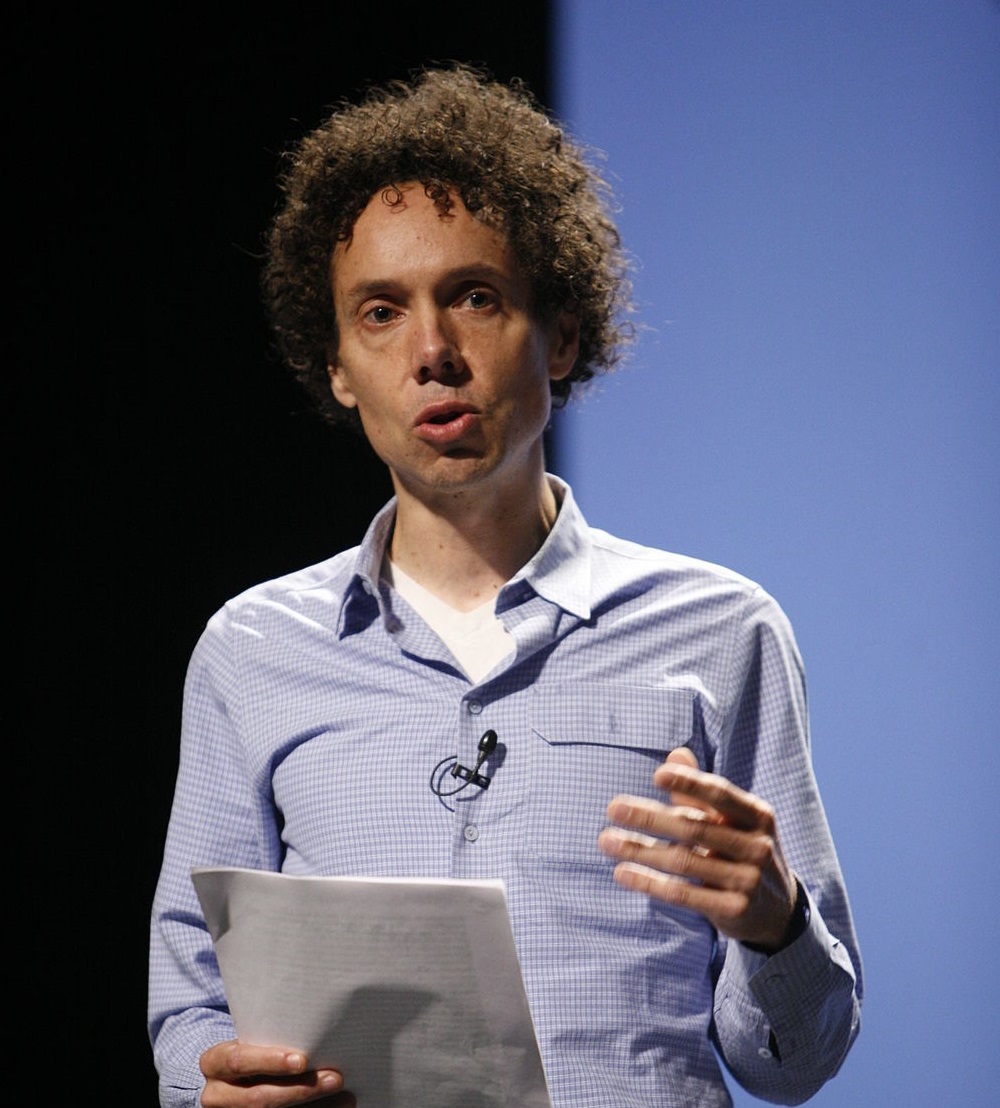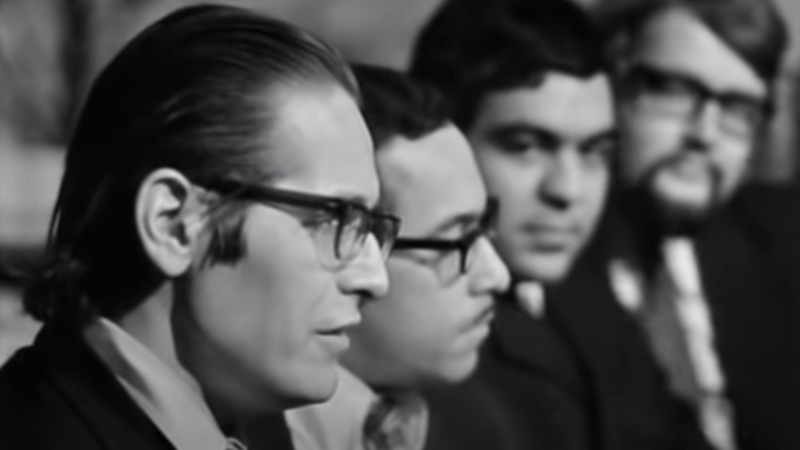Malcolm Gladwell is wrong

I’ve long had a pet theory that Malcolm Gladwell is a closet Daoist. If you look at his big books, every one of them is a form of applied Daoism. “Blink” was a long homage to the concept of quick, intuitive thinking vs. labored, deliberate analysis. Zhuangzi would approve.
“The Tipping Point” is a near-perfect Daoist principle; by choosing your moment carefully, a small amount of effort can have tremendouse power.
And more recently, his book “Outliers” made famous the “10,000 hour rule”: that you need to do something for that long before you truly master it. (Gladwell did not create that rule; it comes out of research by Anders Ericsson, a Swedish researcher on expertise now at Florida State University. )
The 10,000 hour rule is a quantification of the more spiritual point made by Zhangzi in his “skill stories,” such as the tale of Butcher Ting. I wrote about how Philadelphia Eagles coach Chip Kelly applies this principle to NFL football in my book “The Tao of Chip Kelly.”
There’s just one problem. A new book by two professors and a novelist — “Make it Stick”, from Harvard University Press — argues that Gladwell has this principle all wrong. It’s not that Zhuangzi was off-base; extensive practice is indeed the key to mastering a skill. However, it’s the type of practice that they disagree with.
Gladwell focuses on repetition. He would love the tale a saxophonist friend told me, that John Coltrane would play scales over and over until he fell backwards asleep on his hotel room bed. That was how he gained the intuitive fluidity to improvise 25-minute versions of popular standards such as “My Favorite Things.”
The authors of this new book — Peter Brown, Henry Roediger and Mark McDaniel — differ. They push the concept of “spaced practice” — in other words, mixing up your practice with variety, and spreading it out over time, to keep yourself focused and attentive. Like all important points, it seems obvious in retrospect, but no one thought of it earlier.
I only have one (very silly) personal experience that can speak to this issue. I write palindromes — those words and phrases that read the same backwards and forwards, such as “Madam, I’m Adam” and “Doc, note — I dissent. A fast never prevents a fatness. I diet on cod.” This has been an eccentric hobby of mine for over 20 years now. I’ve spent a ridiculous amount of time not only doing that, but scouring the language for promising fragments, which I collect as building blocks.
And so 2 years ago, when puzzle master Will Shortz of the New York Times decided to hold a World Palindrome Championship, I narrowly beat professor John Connett (a biostatistician by trade) for the title. My winning entry was an elliptical tale of kinky shenanigans: “Devil Kay fixes trapeze part; sex if yak lived.”
Integrating the practical benefits and spiritual depth of mastering a skill clearly requires attentiveness. There is no way I would have put in the hours it took me to wrestle those letters into submission if I had not been working on particular, interesting phrases and constantly mixing it up as I went along. Pure rote repetition kills creativity; I think we all know this intuitively.
Gladwell talks about how the Beatles got great by playing 8-hour sets over and over while living in Hamburg, Germany. That is definitely a part of it. But he misses the importance of variety. They were playing requests, and indulging their imagination by covering songs from every genre and nation they knew, from American blues and country to French torch songs and English dance-hall antiquities. Repetition by itself is deadening. Creative exploration makes 10,000 hours go by quickly. And that’s when you get good at something.




